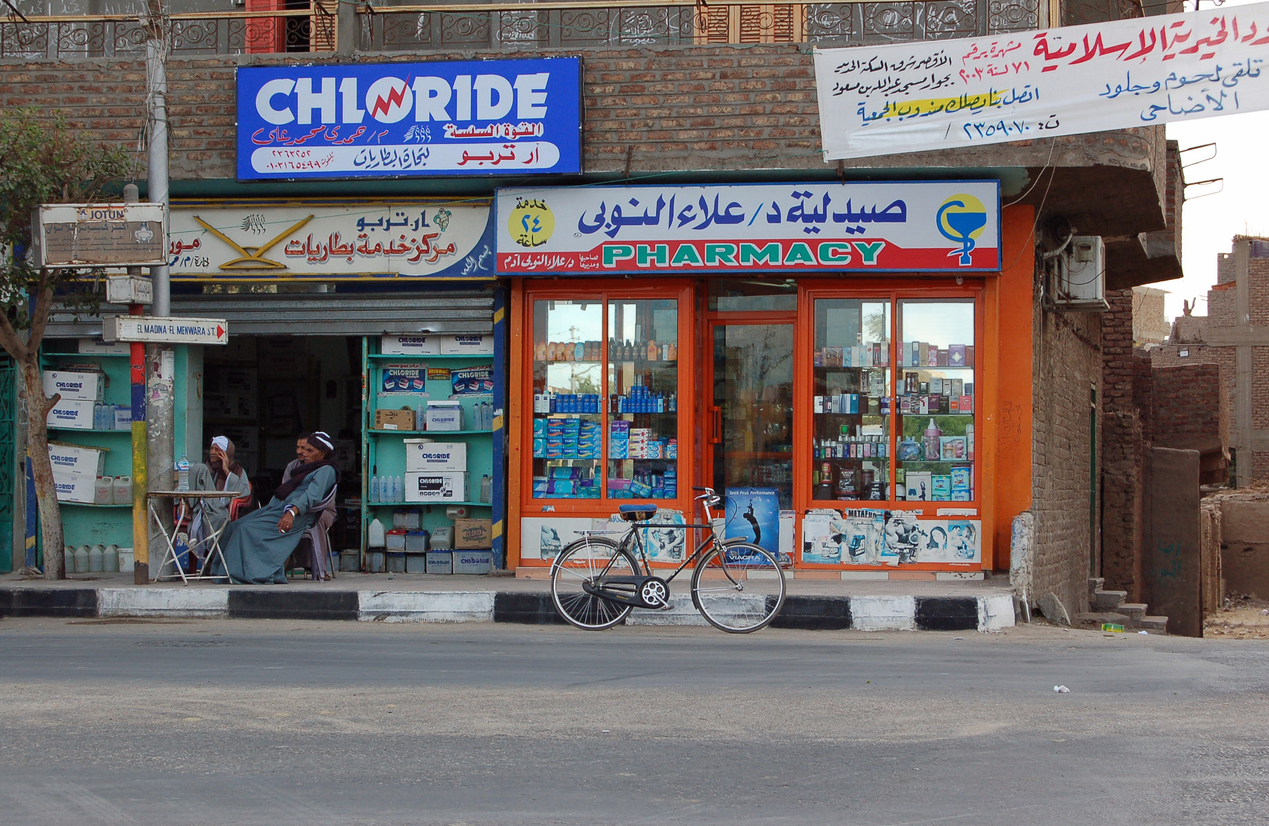The Biomedical Advanced Research and Development Authority (BARDA) announced last week that it has awarded $29 million to Swiss drugmaker Basilea Pharmaceutica to develop two first-in-class antifungal drugs to treat drug-resistant invasive fungal infections.
The funding will help Basilea develop Fosmanogepix, a broad-spectrum antifungal that targets drug-resistant invasive candidiasis—including infections caused by Candida auris—and invasive mold infections, and BAL2062, which has activity against drug-resistant Aspergillus strains.
Part of preparedness efforts
BARDA is part of the Administration for Strategic Preparedness and Response within the US Department of Health and Human Services and is one the leading public sector funders of antibiotics and diagnostics for both biothreat pathogens and opportunistic secondary infections. The award is a component of BARDA's medical countermeasures portfolio.
"Fosmanogepix and BAL2062 are the first antifungals to enter the BARDA portfolio and will address the urgent need for novel drugs to treat fungal infections that might arise following a mass casualty incident, such as a radiological or nuclear incident," the agency said in a Basilea press release.
As part of the contract, BARDA will also develop pediatric formulations of the drugs, along with antifungal susceptibility testing diagnostics.

















